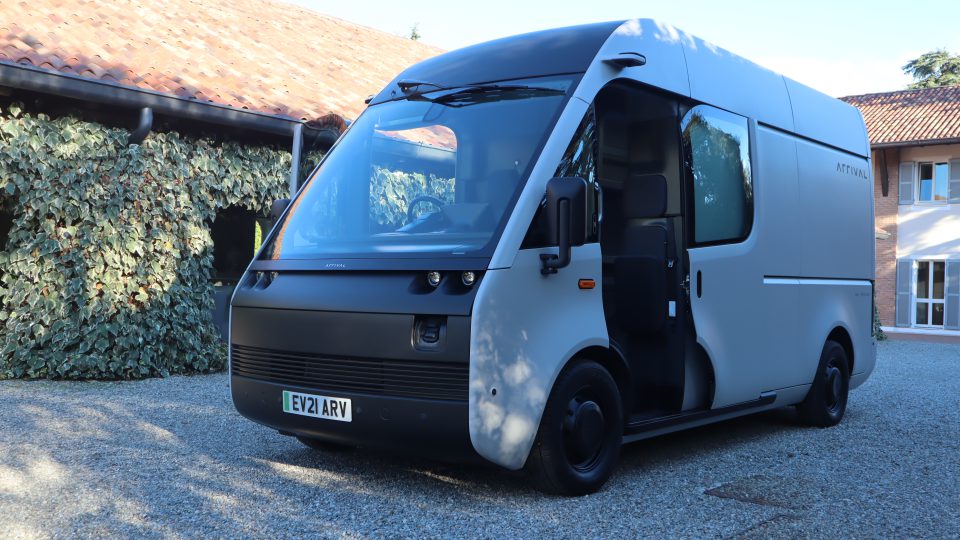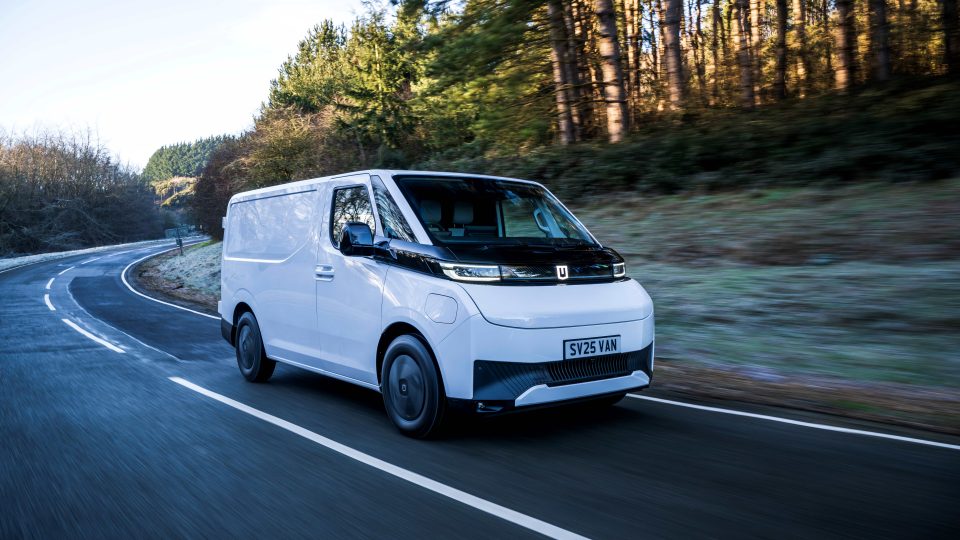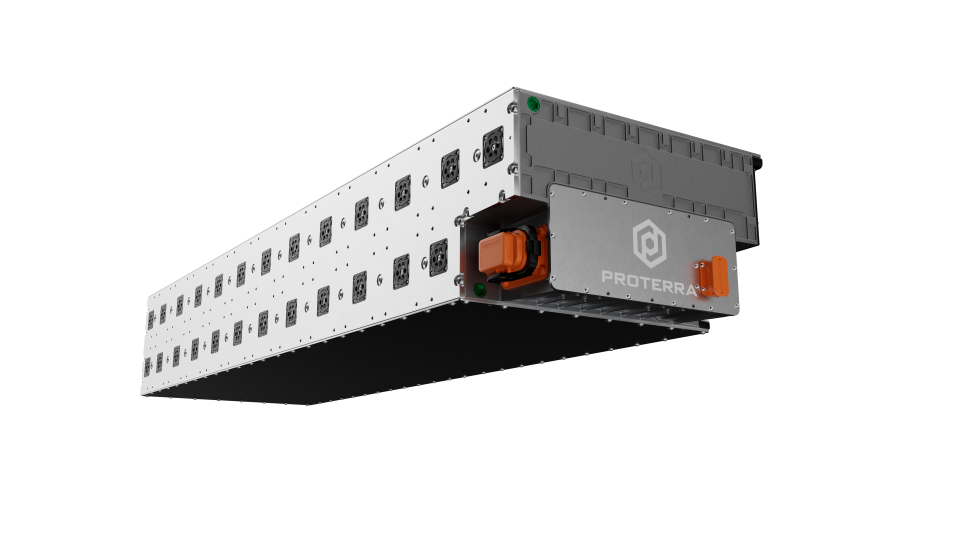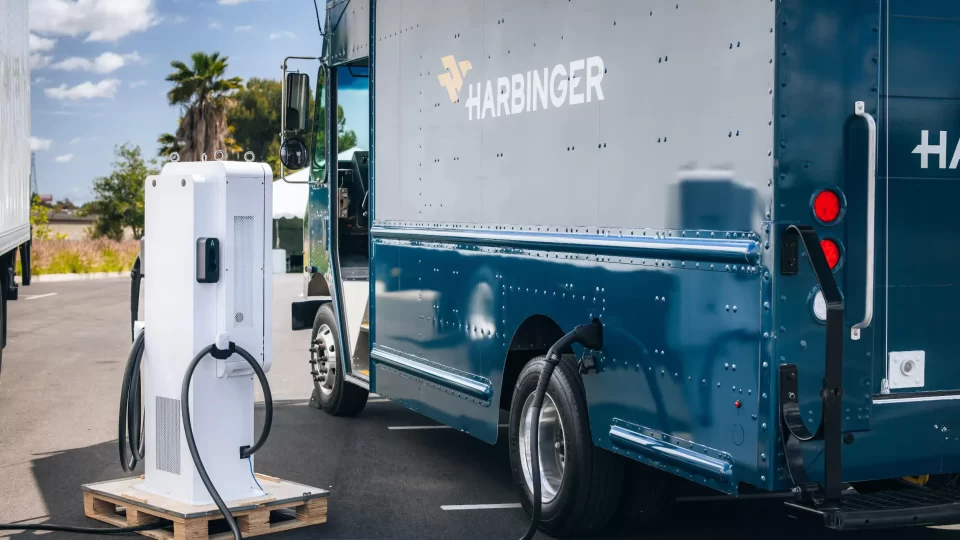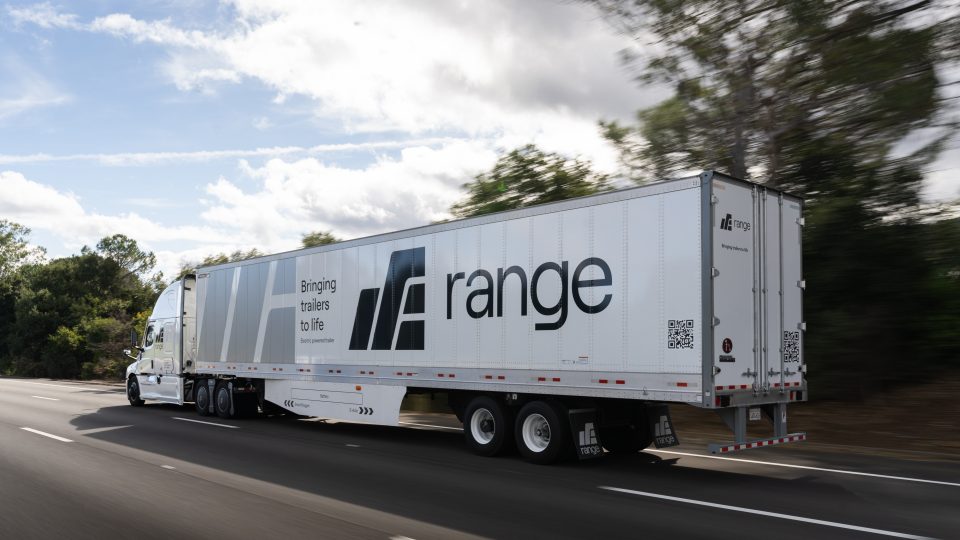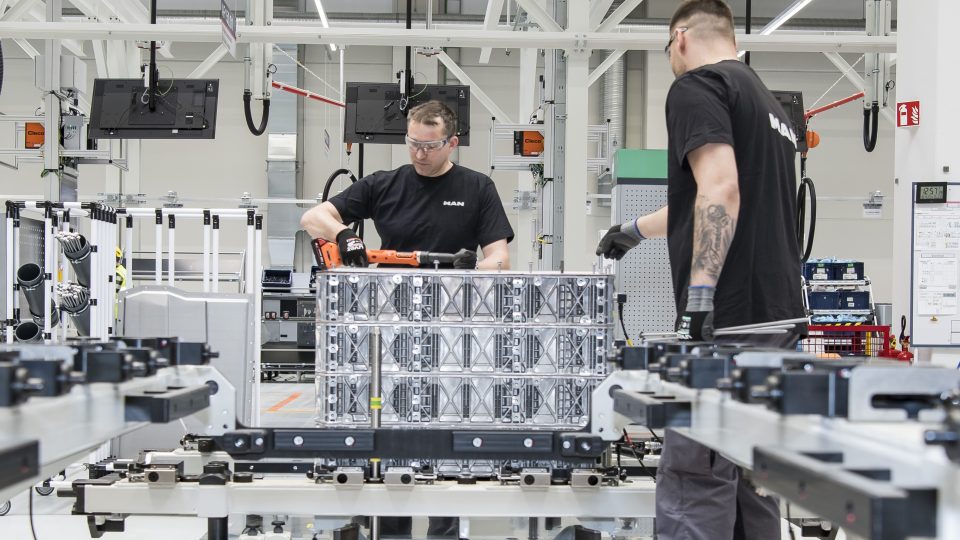The first Li-Cycle European battery recycling facility will be located in Norway
Once constructed, the Norwegian plant is expected to have the capacity to process up to 10,000 tonnes of lithium-ion batteries per year, including but not limited to battery manufacturing scrap, full EV packs, and energy storage systems. This is expected to bring Li-Cycle’s total expected global recycling capacity (existing and under development) to 40,000 tonnes of lithium-ion battery input per year.
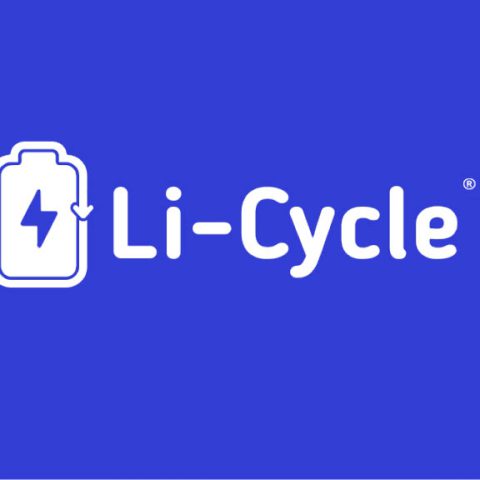
Li-Cycle will build a new commercial lithium-ion battery recycling facility in southern Norway. This is the result of a joint venture formed with Nordic partners Eco Stor and Morrow Batteries. The location of the new facility is not a coincidence, as Norway is one of the leading countries as for sales of electric vehicles, with the local government pushing quite strong to phase out sales on ICE-powered vehicles by 2025. The facility is expected to be operational by the end of 2023.
Why Li-Cycle is promoting a joint venture in Norway
Canadian Li-Cycle, which has already opened its fourth battery recycling plant in Alabama, US, «expects it will be well-positioned to ultimately recycle and bring these end-of-life batteries back into the lithium-ion battery supply chain. Importantly, this is in addition to the sustainable domestic supply of manufacturing scrap expected to be generated in Norway as battery manufacturing capacity is increased by companies such as Morrow», as stated in the press release. Among the latest agreement signed by Li-Cycle is the one with UK-based newcomer Arrival, aimed at giving a second life to battery components.
Potrebbe interessarti
We participated in the Arrival European roadshow. «Here’s our revolutionary business model»
Once constructed, the Norwegian plant is expected to have the capacity to process up to 10,000 tonnes of lithium-ion batteries per year, including but not limited to battery manufacturing scrap, full EV packs, and energy storage systems. This is expected to bring Li-Cycle’s total expected global recycling capacity (existing and under development) to 40,000 tonnes of lithium-ion battery input per year.
What will each member do within the JV
Subject to the parties entering into mutually acceptable definitive services, off-take and related agreements, ECO STOR will provide the joint venture with end-of-life lithium-ion batteries, along with Morrow providing lithium-ion battery manufacturing scrap from its planned battery manufacturing facilities in Norway. Li-Cycle will provide equipment, technology, technical services, and operational management for the Spoke facility, while having the right to acquire 100% of the facility’s production of black mass.
«This is a significant step for Li-Cycle, as we deploy our proven lithium-ion battery resource recovery solution to the European market and execute on our global growth strategy with key industry partners», said Ajay Kochhar, President, CEO and co-founder of Li-Cycle. «Norway’s early leadership in EV adoption and ecosystem is a beacon for electrification globally, creating a robust market for both battery manufacturing scrap and end-of-life batteries domestically. Together with our new partners, we believe we are well positioned to capitalize on this meaningful opportunity».



